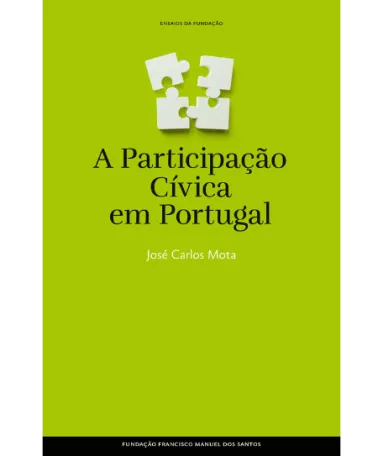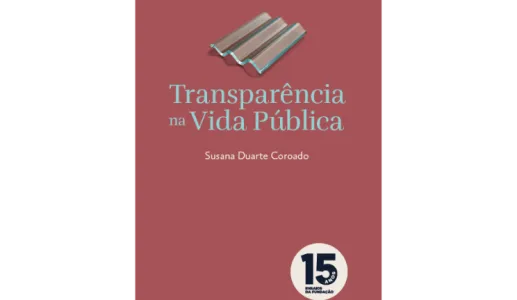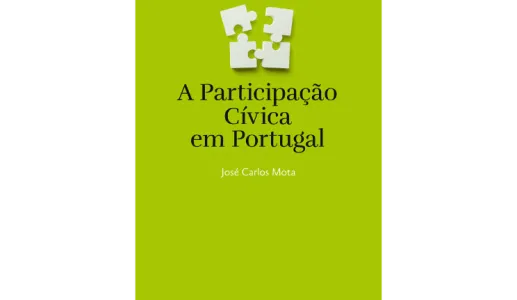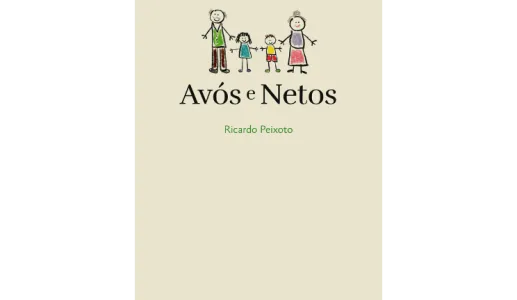

Civic Participation in Portugal
Nº150 SEPTEMBER 2025
A century before the birth of Jesus Christ, Julius Caesar is believed to have identified, in the furthest-flung reaches of Iberia, a people “that neither governs itself nor lets itself be governed”. Why do we Portuguese, as citizens, tend not to get very involved in collective, civic, association or volunteer initiatives? Is it because they're not very appealing and because we have a very centralised and very distant system of governance? Or is it because we have an individualist and conformist nature?
This book analyses the changes in civic participation in Portugal in the context of the 50th anniversary of the Carnation Revolution. It sheds light on concepts and methodologies, it illustrates practices and initiatives organised by citizens and by local government and it identifies challenges to and possibilities for collective action that is more democratic, inclusive and pluralist. For the good of each and every one of us.
A century before the birth of Jesus Christ, Julius Caesar is believed to have identified, in the furthest-flung reaches of Iberia, a people “that neither governs itself nor lets itself be governed”. Why do we Portuguese, as citizens, tend not to get very involved in collective, civic, association or volunteer initiatives? Is it because they're not very appealing and because we have a very centralised and very distant system of governance? Or is it because we have an individualist and conformist nature?
This book analyses the changes in civic participation in Portugal in the context of the 50th anniversary of the Carnation Revolution. It sheds light on concepts and methodologies, it illustrates practices and initiatives organised by citizens and by local government and it identifies challenges to and possibilities for collective action that is more democratic, inclusive and pluralist. For the good of each and every one of us.
More details
Dimensions
7.5 × 130 × 200 mm
ISBN
978-989-9243-10-1
Book available only in Portuguese
Conheça também









